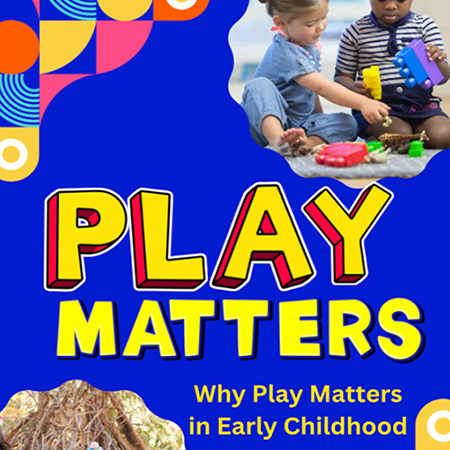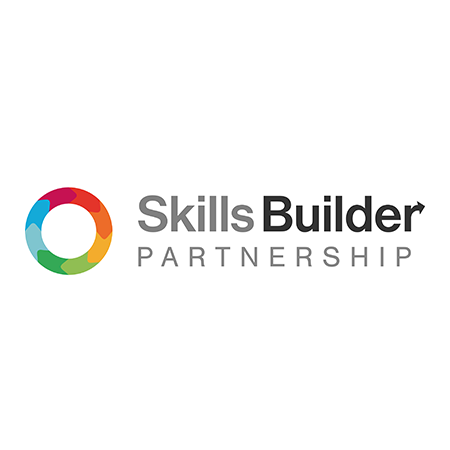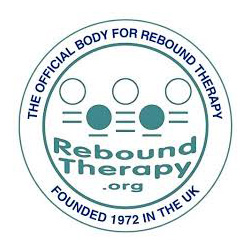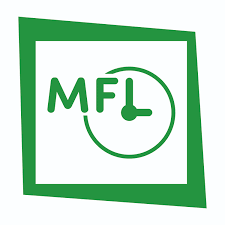
Play Matters
The "Play Matters" framework emphasizes the crucial role of play in early childhood development and well-being, promoting it as a fundamental right and essential component of learning. It encourages educators, parents, and policymakers to recognize and support play-based learning, ensuring children have ample opportunities for joyful, self-directed, and meaningful play experiences. This framework also highlights the importance of creating play-rich environments and addressing diverse needs to ensure all children can benefit from the power of play.
Key aspects of the "Play Matters" framework:
Play as a right
The framework aligns with the UN Convention on the Rights of the Child, recognizing play as a fundamental right for all children.
Holistic development
It acknowledges that play is not just a fun activity but is vital for cognitive, social, emotional, and physical development.
Play-based learning
The framework advocates for integrating play into early childhood education and curricula, emphasizing its role in fostering essential skills like problem-solving, communication, and resilience.
Play-rich environments
It promotes the creation of stimulating and accessible play spaces in various settings, including early childhood settings, schools, and community areas.
Inclusivity and diversity
The framework stresses the importance of providing equitable access to play for all children, regardless of their backgrounds or needs.
Parental and caregiver involvement
It encourages parents and caregivers to understand the benefits of play and to support children's play experiences at home.
Playwork principles
The framework often incorporates playwork principles, emphasizing the role of the playworker in supporting children's play, creating safe spaces, and respecting their choices.
Addressing challenges
It acknowledges that play can be complex and sometimes challenging, requiring thoughtful consideration of risks and benefits, as well as potential for exclusion.
Examples of application
The framework is implemented in various initiatives, such as the PlayMatters project in East Africa, which focuses on integrating Learning through Play (LtP) in refugee and host community settings.
Resources and support
Numerous resources, including guides, training programs, and online materials, are available to support practitioners, parents, and policymakers in understanding and implementing the "Play Matters" framework.





